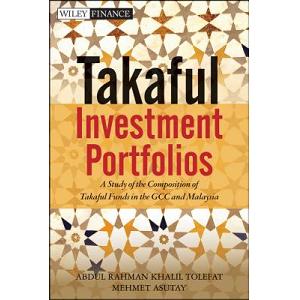Conventional Insurance
- The premium is paid to conventional insurance and is owned by them in exchange for bearing all expected risk. Premium paid by the policyholder is considered as income to the company, belonging to the shareholder.
- In conventional insurance, risk is transfered from the insured to the insurance company (the insurer) in consideration of insurance premium paid by the insured. It contains an element of gambling i.e “maysir” in that the insured pays an amount (premium) in the expectation of gain (compensation/payment against claim). If the anticipated loss (claim) does not occcur, the insured loses the amount paid as premium. If the loss does occur, the insurer loses a far larger amount than collected as premium and the insured gains by the same.
- All surpluses and profits belong to the sharehoders only. The insured is covered during the policy period but is not entitled to any return at the end of such period.
- Funds are mostly invested in fixed interest bearing instruments like bonds, securities, hence these contains the elements of riba (usury)
Takaful
Islamic system of insurance based on the principle of “ta’awun”
(cooperation) and “tabarru” (gift, give away, donation) where the group
voluntarily shares the risk collectively.
- There is full segregation between the participants takaful fund acoount and shareholders' account. The portion of investment is based on an underlying contract of musharakah/mudarabah to invest in halal business and earn a halal profit. Any ratio of profit between the policy holder and managing partners (takaful company) can be determined on the basis of the principles of musharakah or mudarabah
- In case of insufficient assets and reserves of the waqf to compensate the policyholders of takaful, the takaful company may arrange a financing or re-takaful for the waqf as per rules of the takaful company wetted by the shariah supervisory board of the company
- Any surplus in the takaful fund is shared among participants only and investment profits are distributed among participants and shareholders on the basis of mudarabah or wakalah models
- The takaful fund, consisting of the contributions paid as tabarru, will be invested by the company based on the principle of islamic modes of trade, through which the element of interest (riba) will be replaced. The capital of waqf can be invested into halal and secured schemes of investment
ethica institute

No comments:
Post a Comment